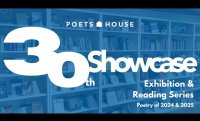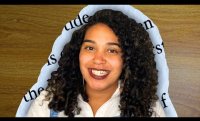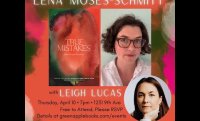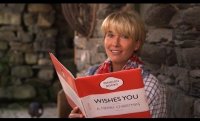Academy of American Poets Names Robert Casper President, Executive Director

Casper, who has worked at a number of literary arts organizations over the last twenty-five years, most recently as head of Poetry and Literature in the Literary Initiatives Office at the Library of Congress, will start in his new role on January 26.










